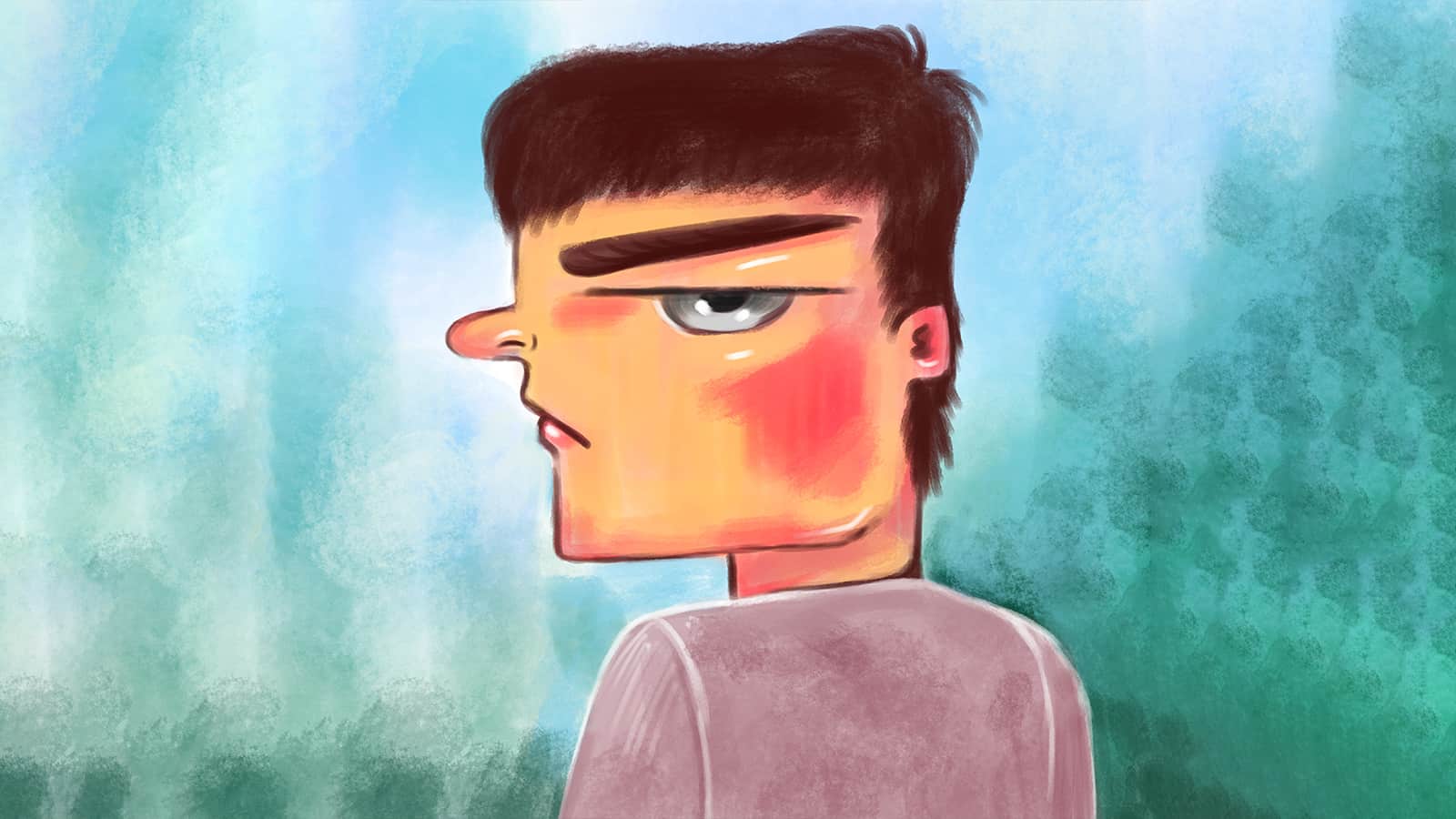In the intricate dance of human relationships, apologies play a crucial role in healing wounds, mending bridges, and fostering understanding. Yet, there are times when an apology, seemingly straightforward and warranted, is withheld. This reluctance or outright refusal to apologize can puzzle and hurt those who feel wronged, leaving unresolved tensions and unanswered questions. Delving into the psychology behind this phenomenon, here are eight reasons why people don’t give an apology, offering insights into the complexities of human nature and interpersonal dynamics.
1. Pride and Ego
One of the most significant barriers to apologizing is pride. For some, admitting fault feels like a blow to their ego, a concession of weakness that they are unwilling to make. This defensive stance is often rooted in a fragile sense of self-esteem; the admission of wrongdoing threatens their self-image, prompting them to double down rather than concede. Pride convinces individuals that apologies are admissions of defeat rather than gestures of reconciliation.
2. Fear of Vulnerability
Apologizing requires exposing one’s vulnerabilities, acknowledging imperfections, and showing remorse. For those who equate vulnerability with weakness, the prospect of apologizing is fraught with fear. They worry that admitting fault will open them up to further criticism or exploitation, preferring to maintain a facade of infallibility. This fear of vulnerability stifles the empathy and humility necessary for a genuine apology.
3. Lack of Awareness
In some instances, individuals genuinely do not recognize that they’ve caused harm. This lack of awareness can be due to emotional insensitivity, a disconnect from the feelings of others, or simply being preoccupied with their own experiences. Without recognizing the impact of their actions, they see no need for an apology, oblivious to the hurt or offense they’ve caused.
4. Misunderstanding of the Situation
Misinterpretations of a situation can also prevent apologies. When individuals perceive their actions as justified or appropriate within the context, they may not believe an apology is necessary. This misunderstanding can stem from differences in perspective, cultural norms, or personal values, leading to a disconnect between the perceived offender and the aggrieved party.
5. Fear of Legal Repercussions
In certain contexts, particularly those that could have legal implications, people may withhold apologies out of fear that their words could be construed as an admission of guilt. This concern, while practical in nature, can impede the resolution of personal disputes and the healing process, as the legal system’s adversarial approach is internalized into personal relationships.
6. Belief in Conditional Apologies
Some individuals subscribe to the notion that apologies should be conditional or reciprocal; they withhold their apology until the other party also expresses remorse. This standoffish approach treats apologies as bargaining chips rather than sincere acknowledgments of wrongdoing, stalling reconciliation efforts and often exacerbating conflicts.
7. Cultural and Societal Influences
Cultural norms and societal expectations can significantly influence attitudes towards apologizing. In some cultures, admitting fault is seen as dishonorable or a sign of weakness, discouraging open expressions of remorse. Conversely, in societies where apologies are frequently demanded for minor infractions, the act may become devalued, leading to superficial or insincere apologies that fail to address underlying issues.
8. Manipulation and Control
In more manipulative dynamics, withholding an apology can be a deliberate tactic to maintain control or assert dominance in a relationship. By refusing to apologize, the individual signals that they are unaccountable to the other’s feelings or perceptions, undermining the other party’s sense of worth and skewing the power balance in their favor.
Conclusion: The Complexity of Apologies
Understanding the reasons behind withheld apologies illuminates the multifaceted nature of human interactions and the barriers to conflict resolution. It’s clear that apologizing, far from being a simple act of contrition, involves navigating a web of pride, fear, cultural norms, and personal insecurities. Encouraging open communication, empathy, and a culture that views apologies as strengths rather than weaknesses can pave the way for more meaningful reconciliations and healthier relationships. In the end, the willingness to apologize and forgive not only mends individual rifts but also strengthens the social fabric that binds us all.
